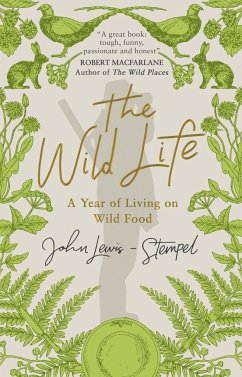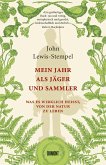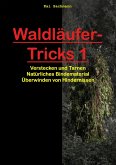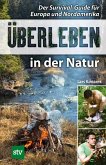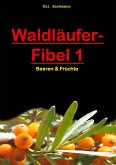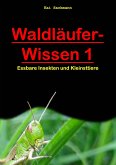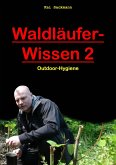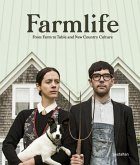The Wild Life is John Lewis-Stempel's account of twelve months eating only food shot, caught or foraged from the fields, hedges, and brooks of his forty-acre farm. Nothing from a shop and nothing raised from agriculture. Could it even be done?
We witness the season-by-season drama as the author survives on Nature's larder, trains Edith, a reluctant gundog, and conjures new recipes. And, above all, we see him get closer to Nature. Because, after all, you're never closer to Nature than when you're trying to kill it or pick it.
Lyrical, observant and mordantly funny, The Wild Life is an extraordinary celebration of our natural heritage, and a testament to the importance of getting back to one's roots - spiritually and practically.
We witness the season-by-season drama as the author survives on Nature's larder, trains Edith, a reluctant gundog, and conjures new recipes. And, above all, we see him get closer to Nature. Because, after all, you're never closer to Nature than when you're trying to kill it or pick it.
Lyrical, observant and mordantly funny, The Wild Life is an extraordinary celebration of our natural heritage, and a testament to the importance of getting back to one's roots - spiritually and practically.
This is a great book: tough and funny, metaphysical and earthy, passionate and honest. Most of all, honest: not just in the sense of 'candid', but honest also in that it reveals the sheer bloody awkwardness, and the sheer awkward bloodiness, of trying to live even semi-wild these days. What might seem like a gimmick turns out to be a way of discovering a great deal about that complicated thing we call 'land'. There's also some beautiful writing about place Robert Macfarlane, author of the international bestseller, The Wild Places

